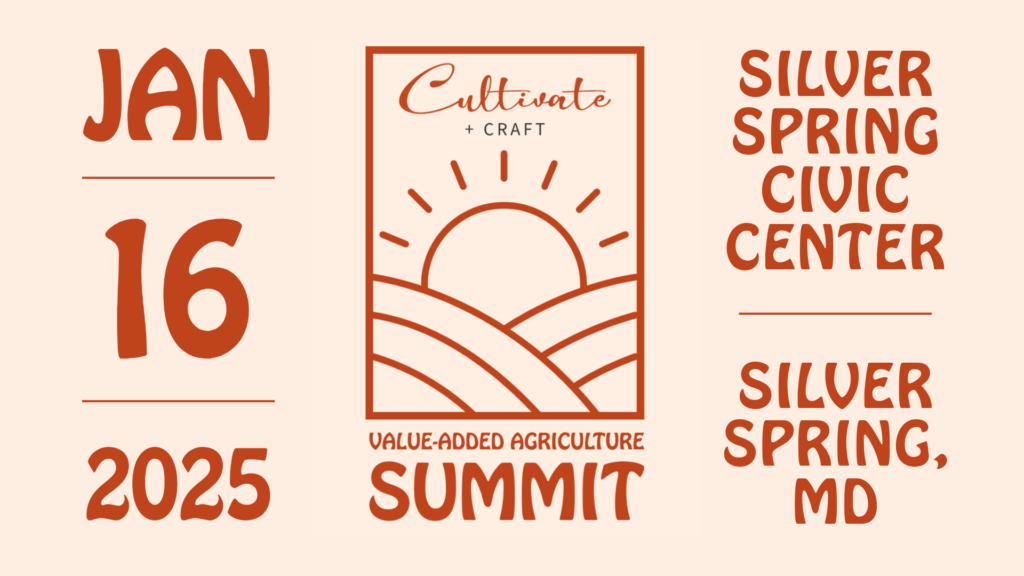Summary
Value-added agriculture is changing how farmers in Maryland operate by helping them turn raw products into more appealing and profitable goods. This approach allows farmers to earn more money and sustain their businesses.
Key trends include:
- Farm-to-table products: Consumers want local, fresh ingredients, which creates a strong market for Maryland farmers.
- Agritourism opportunities: Farms are becoming tourist destinations, offering experiences like farm stays and food tours, which provide additional income and educate the public about agriculture.
- Sustainable farming practices: Farmers are adopting eco-friendly methods that attract environmentally aware customers and help protect our land.
However, some farmers face food processing challenges and lack the infrastructure needed to grow their businesses. Various support systems are in place to help with these difficulties.
Overall, as value-added agriculture grows, it creates opportunities for farmers and benefits local communities.
In recent years, value-added agriculture has emerged as a transformative force in Maryland, providing farmers with innovative ways to enhance their products and maximize profitability. At its core, value-added agriculture involves transforming raw agricultural goods into products that offer additional consumer appeal and economic benefit. This shift is crucial as it allows farmers to diversify their income streams and ensure the sustainability of their operations.
One of the key trends in this sector is the rise of farm-to-table products. Consumers are increasingly seeking local and fresh ingredients, creating a rich market for Maryland farmers who champion quality over quantity. By focusing on local food marketing strategies, producers can connect directly with consumers and build lasting relationships that foster community support.
Agritourism opportunities are also gaining momentum, inviting visitors to experience the rural charm of Maryland farms. From farm stays to regional food tours, agritourism not only serves as an additional revenue stream but also educates the public about the importance of local agriculture.
Moreover, sustainable farming practices are vital to the success of value-added agriculture. By implementing eco-friendly techniques and sustainable packaging solutions, farmers can appeal to the growing base of environmentally conscious consumers. This shift not only enhances product desirability but also promotes the health of our land and communities.
Challenges remain, particularly regarding food processing. Food processing challenges and infrastructure gaps hinder some small-scale producers from scaling their operations. However, various resources and networks within Maryland aim to provide support and solutions for these often-overlooked concerns.
As Maryland continues to embrace the principles of value-added agriculture, it fosters an entrepreneurial spirit among farmers. This innovative approach ensures that agriculture remains viable and profitable for generations to come. By supporting farmers in leveraging these opportunities, we can help create a robust agricultural economy that leaves a lasting impact on our local communities.
In conclusion, as the agricultural landscape evolves, embracing value-added agriculture not only benefits farmers but also enriches our communities and the environment. By focusing on collaboration, sustainability, and consumer connections, Maryland is poised to lead in this exciting agricultural revolution.
We invite farmers, makers, entrepreneurs, and Maryland legislators to join us at the 2025 Cultivate + Craft Value-Added Ag Summit. This event will provide an opportunity to engage with industry experts, share experiences, and explore the myriad of possibilities within value-added agriculture. Together, let’s cultivate innovations that will shape the future of farming in Maryland!


